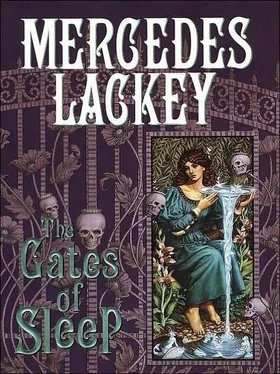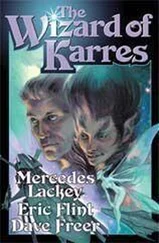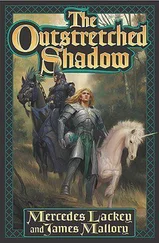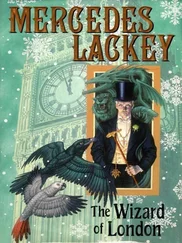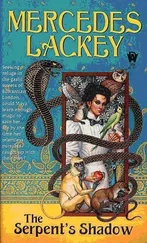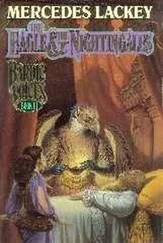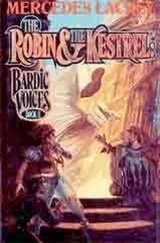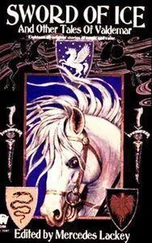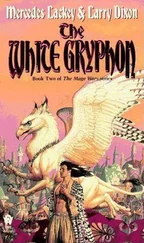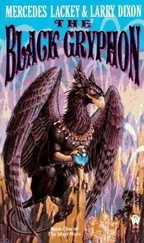Well —more wrong than there already is.
“She’ll be fine for now, Doctor,” Eleanor said without prompting. “She got chilled, but I don’t believe there will be any ill effects from it. We got her warmed up quickly enough once we got her back here.” She stroked a few stray hairs from Ellen’s brow, and her expression softened. “Poor child. Doctor, we mustn’t allow that boy Simon Ashford around her. She can see what he sees, of course; they seem peculiarly sensitive to one another. That’s what frightened her. I’ve already told Diccon not to let the child near her, but not why, of course.”
“I’ll make a note of it.” Eleanor was invaluable; one of his former patients who had decided to stay with him as a nurse and assistant when he’d helped her out of the hell that her inability to shut out the thoughts of others had thrown her into. Pike had been the only doctor at the asylum where she’d been who had understood that when it sounded as if she was answering someone that no one else could hear—she really was speaking to another person, or trying to. She was another of those cases of extreme sensitivity to the thoughts of others that came on at puberty—and thank heavens, one he had gotten to in time. It had been getting worse and before very long, all of the voices in her head would have driven her mad.
For a time, she had been in love with him. He had allowed it long enough to be sure that her cure was permanent, then he had used just a little magic, the opposite of a love charm, to be certain that she fell out of love with him again. A very useful bit of magery, that charm, for it was inevitable that most of his female patients and even a few male, fell in love with him. In fact, there was one school of thought among the Germans that such an emotional attachment was necessary for the patient’s recovery, that only someone who was beloved could be trusted with the most intimate secrets. Whether that was true or not, Andrew wasn’t prepared to judge; it was his duty to see that he did everything humanly possible to cure them, no more, and no less. Let others formulate theories; he worked by observation and used what was successful. He had more than enough on his hands, balancing magic and medicine, without worrying about concocting theories of how the mind worked!
He wished, though, that Eleanor could really find someone for herself. The regret that she hadn’t came over him as he watched her with Ellen; she was a nurturer, and she loved the children here. She seemed very lonely; well educated, she would have probably become a teacher had she not her unfortunate background.
“Who was that girl?” Eleanor asked, rising and smoothing her pearl-gray apron as she did so. “The one that helped us, I mean.”
“That, it seems, was the young Miss Roeswood that the village has been buzzing about.” He raised an eyebrow at her, and she made a little “o” with her mouth. Eleanor was a Methodist by practice, so of course she went to chapel, not church, and had missed the exciting appearance of the mysterious young heiress at Sunday services two weeks ago.
“But—what a kind young woman she is!” Eleanor exclaimed. “Not that her parents were bad people but—”
“But I cannot imagine, from what I heard of her, seeing Alanna Roeswood on her knees in the snow, trying to keep Ellen from running off into the fields,” Andrew replied with a nod. “Visiting the sick with soup and jelly, yes. Delivering Christmas baskets. Sending bric-a-brac to the jumble sale. But not preparing to tackle a runaway madwoman to keep her from freezing to death in the woods.” He thought about asking Eleanor if she had seen anything of Marina’s magic, but realized in the next instant that of course, she wouldn’t. She wasn’t a magician, only a sensitive. If she wished to, she might be able to hear the girl’s thoughts, but only if the girl herself dropped the shields that she must have had to have avoided immediate recognition by Andrew himself.
This Marina Roeswood might claim she wasn’t a Master, but all her shields were as good as anything he had ever seen.
“If Ellen is well enough,” he suggested, “Why don’t you help me finish the rounds?”
Eleanor got to her feet without an objection. “Certainly, Dr. Pike,” she replied. “Will I need my notebook?”
“I don’t think so,” he told her, and smiled. “I certainly hope that young Ellen is our last crisis for a while.”
With Eleanor following behind, Andrew finished checking on the patients in the other wards, and took a quick look in on the library. The card game was still going briskly, and Craig, one of his little boys who was very close to being discharged, had engaged Roger Smith, one of the oldest patients, in a spirited chess match. Andrew and Eleanor exchanged a quick smile when they saw that; Roger was going to be discharged tomorrow, and he loved chess as much as Craig disliked it, so this must be Craig’s idea of a proper farewell present for the old man.
Craig was one of the few children here who was an “ordinary” patient, brought here by a parent because of a life-threatening breakdown brought on by strain. Young Craig had been a chess-Prodigy; his father had trotted him around Britain and three-fourths of Europe, staging tournaments in front of paying audiences with the greatest of chess masters, before his health and mental stability collapsed under the strain. He’d literally collapsed and it was a good thing he’d done so in Plymouth, and that for once, his mother had been with him as well as his father. She took over when the father simply tried to shake the boy into obedience—and consciousness!—again. When Craig couldn’t be awakened, the father vanished, and she started looking for someone to help her child.
Small wonder Craig hated chess now—and, in fact, on Pike’s suggestion was going to pretend that all of his knowledge of the game had vanished in his breakdown. His mother, on recommendation from one of Andrew’s colleagues, had brought him to Briareley, hoping to find someone who would treat her son as a child and not a broken machine that needed to be fixed so it could resume its job.
But it was a measure of how much he had recovered that he was willing to treat the old man who had read him fairy tales to send him to sleep every night for the past six months to the game that gave him such pleasure.
“He’s a good boy, Doctor,” Eleanor said softly.
“Yes,” Andrew replied, feeling a warm smile cross his lips. “He is. God willing, that beast that calls himself a father will leave him alone now.”
They took the wide, formal stairs up to the second floor, and the private rooms.
Here, the patients were a mix in the opposite direction from the ones in the wards. Most of these folk were not magicians or extraordinarily sensitive. Andrew’s establishment was slowly gaining a reputation among ladies of fashion as a place to recover from nerves.
And “nerves” was an umbrella that covered a great many things.
Now, Andrew would not accept the sort of nerves that came from too much liquor, or from indulgences in drugs. For one thing he could not afford the sort of round-the-clock watching such patients required. For another, their problems would make life difficult for his other patients. For a third, well, he’d need half a dozen Diccons to make sure everyone was safe.
Nor did he accept—although it was always possible that a set of circumstances would occur that would cause him to make an exeption—the sort of nerves that produced an inconvenient infant in nine months’ time.
But if too many debutante-parties and the stress of being on the marriage-market sent a young lady into hysterics or depression—if too many late nights and champagne and tight corseting did the same to her mother—if the strain of too much responsibility sent a young widow into collapse—
Читать дальше
